
Universitat Autònoma de Barcelona, Spain
Coordinator
The Universitat Autònoma de Barcelona (UAB) through the Institute of Environmental Science and Technology (ICTA-UAB) promotes and carry out inter-disciplinary research to improve the understanding of the environment and meet the challenges posed by social interaction with it. The UAB EduBioMed team is composed by a mixture of specialists coming from different socio-environmental disciplines and lead the Project Management.

Université D’Aix Marseille, France
Aix-Marseille University trough five laboratories engaged in EduBioMed project (LPED), (LIRDEF), (IFRIS), (ADEF) and (LMI MediTer) promotes an interdisciplinary approach. AMU can handle various events related with (environmental) education, training and environmental citizenship, Supervision during focus groups with key-stakeholders inside Moroccan Biosphere Reserves. AMU is responsible for the revision of EU policy framework. It will co-organize the Winter School (France), co-tutoring master and PhD students Task, produce educational, scientific and training material and support for curricula design.
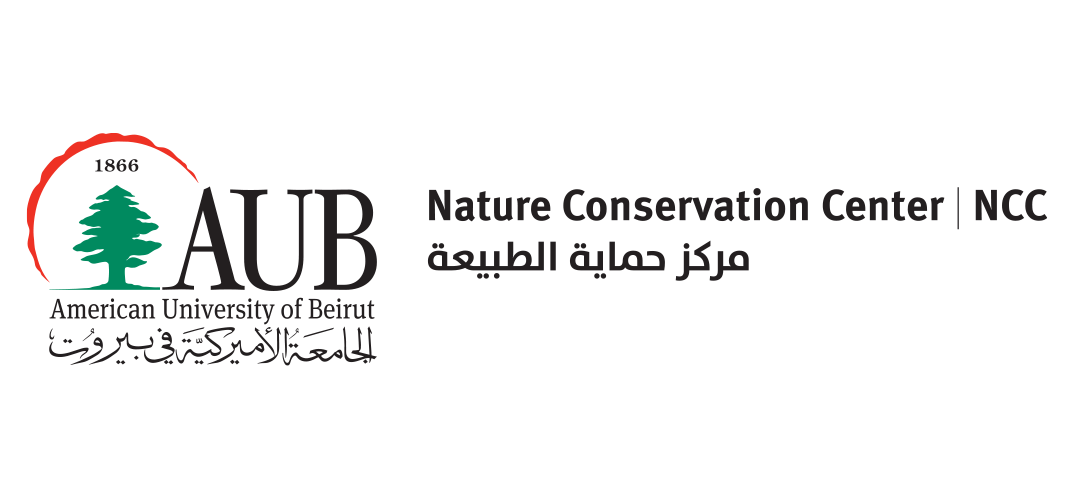
American University of Beirut, Lebanon
The AUB-NCC’s objectives are to link disciplines to generate new knowledge, engage communities in sustainable practices, and create a platform for addressing socio environmental issues. It is part of the Open and Collaborative Science in Development Network, USAID’s Environment Issue Network, and works on a couple of partnership collaborations with the IUCN. It has been involved in numerous projects aimed at biodiversity conservation and local perceptions of nature in the arab culture. AUB-NCC team is mainly focused on biodiversity conservation, ecosystem management, community mapping and development, which will be assets to the EduBioMed project.
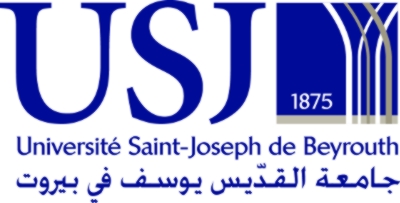
Université Saint-Joseph, Lebanon
Université Saint-Joseph (USJ) is a Lebanese private non-profit higher education institution founded in 1875. Due to their expertise, their academic and scientific background, mainly based on genetic diversity, ex-situ conservation, forestry and ecological restoration, environmental pollution, climate change, USJ team will be actively engaged in the EduBioMed project.
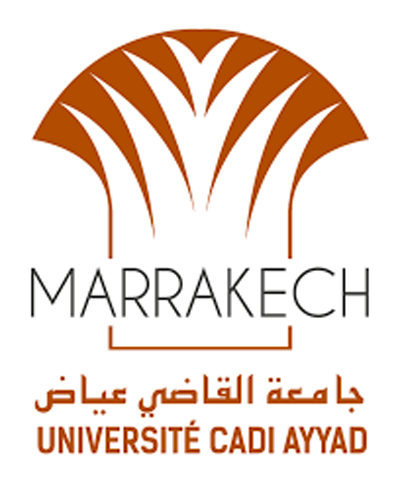
Université Cadi Ayyad, Morocco
Cadi Ayyad University was founded in 1978. Two research of UCA facilities are, considering their expertise, their academic and scientific background, mainly related with local development, (eco)tourism and patrimonialisation, relevant in the framework of the EduBioMed project. First, the laboratory of studies about resources, mobility and attractivity, specialized in specific mountain areas mainly focused on tourism, heritage, poverty, territorial restructuring and public policy. Second, the Culture, Patrimoine and Tourism multidisciplinary team working on the development of heritage as an economic activity and the potential of tourism as a lever for development.
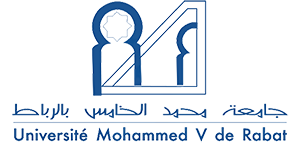
Université Mohammed V de Rabat, Morocco
Mohammed V University of Rabat was founded in 1957. The staff involved in the Edu-BioMed Master’s project is composed of various disciplines, such as Rural Geography, Biogeography and Biology, Forestry and Agriculture, Tourism, Communication and environmental education, Sociology and anthropology. They have more than 20 years of experience in Master training and they conducted research activities in four biosphere reserves in Morocco. Due to their fields of expertise and scientific background, mainly based on sustainable development, local development in rural areas and youth, among others disciplines, UM5 will actively engage in the EduBioMed project.
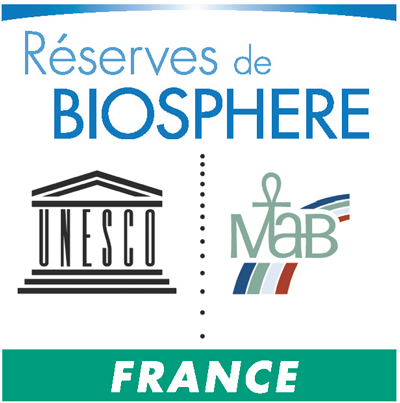
MAB France, France
MAB France was established to oversee the Man and the Biosphere UNESCO programme in France, in order to provide scientific basis for improving the relationships between people and their environment, towards sustainable development goals. The assets of MAB France with the EduBioMed project are to provide scientific and technical support to the BR management, as well as develop collaborations with scientific, educational, management and conservation of biodiversity communities. The team co-leads the Scientific Committee, in charge of the revision of the teaching, training and scientific material.
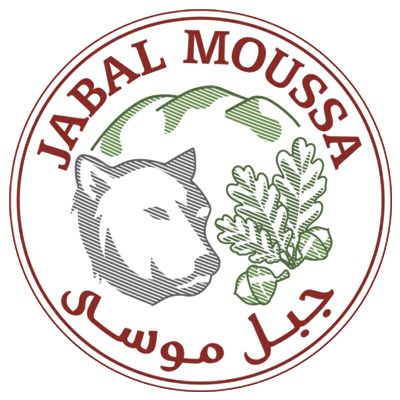
Jabal Moussa Protection Association, Lebanon
The Association for the Protection of Jabal Moussa (APJM) is a non-profit and non-governmental organization, founded in 2007. It aims at highlighting the unique natural and cultural heritage of Jabal Moussa Biosphere Reserve, empowering local communities to achieve collectively their own sustainable socio-economic development and building effective partnerships with local and international stakeholders. It is part of the UNESCO Network of Biosphere Reserves under the Man and Biosphere program. In the framework of EduBioMed, the APJM will represent Lebanese Biosphere Reserves and be a ‘bridge’ between HEIs, the territory and its inhabitants.

UNIMED – Mediterranean Universities Union, Italy
UNIMED is an association of Universities founded in 1991. It counts 138 associated Universities coming from 23 countries of both shores of Mediterranean and aims to develop university research and education in the Euro-Mediterranean area to contribute to scientific, cultural, social and economic cooperation. Due to its experience in EU project participation and management and in the field of Higher Education, in this project, it will provide support for the production of teaching, training and learning material and also for curricula design. UNIMED is in charge of Dissemination & Exploitation of the project results.